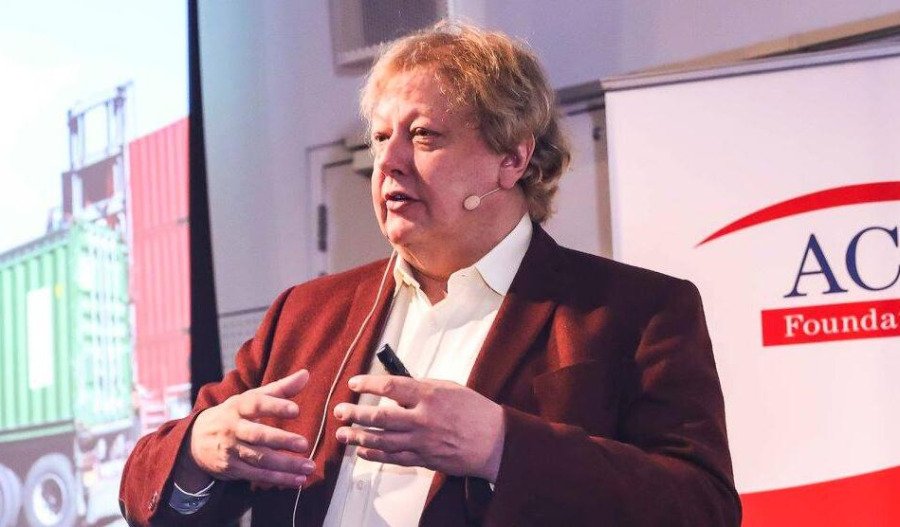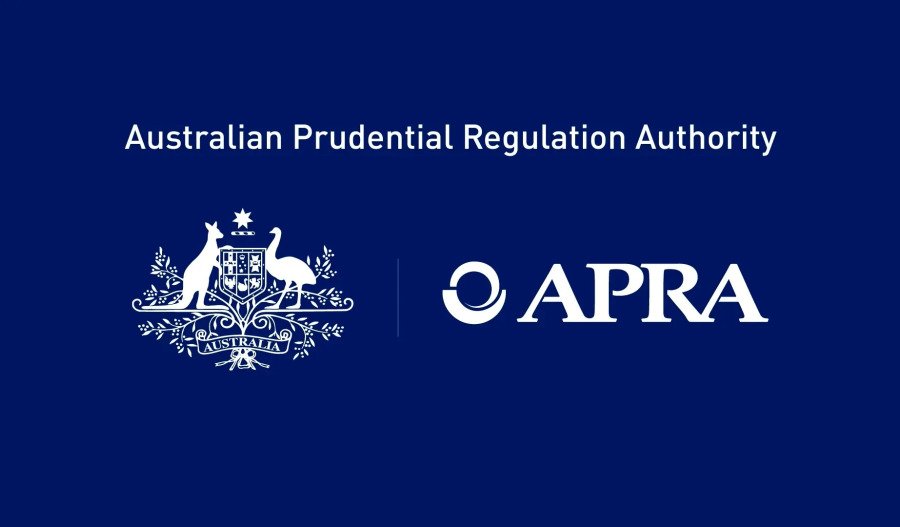Australia’s superannuation funds and other institutional investors have been chastised for providing inconsistent messages to publicly listed companies.
The criticism came from the former chairman of scandal-plagued technology company WiseTech Global and directors of other companies listed on the Australian Securities Exchange (ASX), according to media reports.
Richard Dammery, who stepped down from the WiseTech Board in February, said different teams from the same super fund or investment firm sometimes had different views about the same issue, the Australian Financial Review and The Australian newspapers reported.
This included how to manage controversial founder Richard White's role and other governance issues at WiseTech.
Dammery said he found shareholder groups' perspectives helpful but assessing different opinions on the same issue from the same fund was challenging.
“What was less helpful was some of our institutional funds coming in with their portfolio managers giving their perspective, and then having completed that exercise, a week later sending the ESG (environmental, social and governance) teams in to give me a rather different perspective, with the expectation that the board would reconcile that, rather than the fund reconciling its position and communicating it with one voice,” Dammery told the Australian Shareholders Association annual conference.
“I think it’s something that our institutional shareholders should reflect on. Because boards and chairs in particular are always dealing with a range of different perspectives which can’t be readily reconciled. But to hear competing perspectives within one institution is not helpful.”
Goodman Group Chairman Stephen Jones was quoted as saying he had faced a similar issue with an institutional shareholder’s investment team supporting the company’s remuneration report, and the ESG team recommending a vote against it.
Xero and Ramsay Health Care Chair David Thodey said he had noticed a change in the position of institutions like Fidelity, BlackRock and Schroders on ESG recently.
“They’ve all changed their tune in terms of when they come in they used to lead with ESG and then we’d get into the numbers. So that has changed,” Thodey told the conference ending today in Sydney, which brings together more than 300 retail investors, CEOs, chairs, economists and regulators who listen to more than 60 speakers on governance, leadership, regulation and investment strategy.



